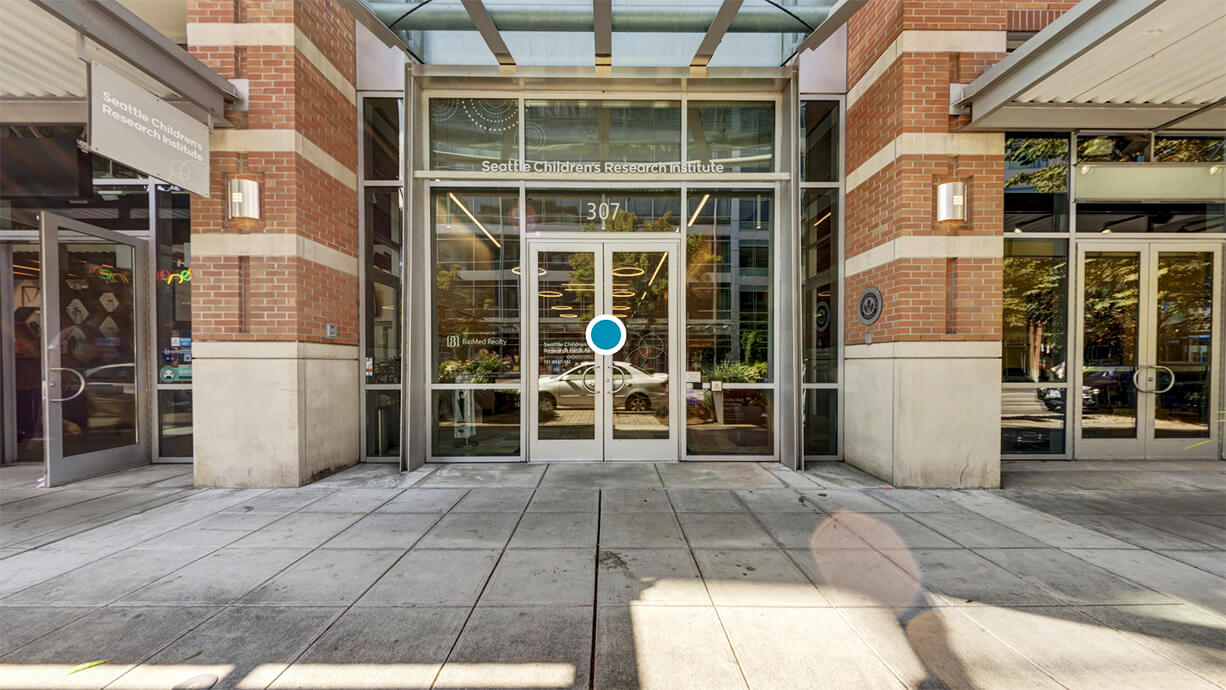Work in the Sodora Lab primarily focuses on two principal areas of HIV research: HIV transmission and HIV-induced disease and immune factors that impact progression to AIDS. Collectively, these research strategies are designed to produce and contribute to novel vaccine approaches and immune therapies that will decrease the spread of HIV and/or prevent disease progression in HIV-infected people.
Our previous studies assessing SIV disease progression in non-human primates have uncovered key insights as to how HIV/SIV infection results in inflammation that fuels disease progression and onset of AIDS. Currently, we focus on immune inflammation and dysfunction that occurs in the liver during HIV/SIV infection as well as during ART treatment. An understanding of the role of virus-infected cells, as well as the liver-associated microbiota, will be important in unraveling the mechanisms driving immune dysfunction in the liver during HIV/SIV infection. These studies also provide insights with regard to the viral reservoirs that are present within the liver during suppressive ART therapy.
In addition, our lab uses the non-human primate model for HIV infection to better understand oral HIV transmission, which predominantly occurs during breastfeeding. Previously, we determined that following a successful oral infection with SIV, the virus travels to local lymph node before dispersing throughout other lymphoid organs in the body within 1 to 2 days after infection. One current project seeks to expand upon this study through evaluating the differential disease outcomes observed in SIV infected infants by comparing rapid to typical progressing animals. Assessment of humoral immune dysfunction, and more specifically of why the rapid-progressing animals are unable to produce SIV-specific antibodies, will be a key part of this study.
We utilize our knowledge of the oral route of transmission to devise innovative approaches to deliver HIV vaccines via the oral mucosa. This project is a collaboration with the Sather Lab here at Seattle Children's Research Institute. Our focus is on vaccine delivery to the oral mucosa, assessment of the innate immune response following the vaccination and undertaking analyses to identify innate immune responses that are best for anti-HIV antibody production. Findings thus far have demonstrated that the oral mucosa is an effective vaccination site, and ongoing studies are designed to optimize the delivery as well as the anti-SIV humoral immune response to the vaccine.
Research Projects
Join the Team
 The Sodora Lab is at Seattle Children’s Research Institute 307 in downtown Seattle, centrally located in South Lake Union with easy, quick access to the main University of Washington campus.
The Sodora Lab is at Seattle Children’s Research Institute 307 in downtown Seattle, centrally located in South Lake Union with easy, quick access to the main University of Washington campus.
The lab's team is recruiting postdoctoral fellows and graduate students! Please email us for more information.
Partner With Us
Learn about industry partnering opportunities with Dr. Sodora.